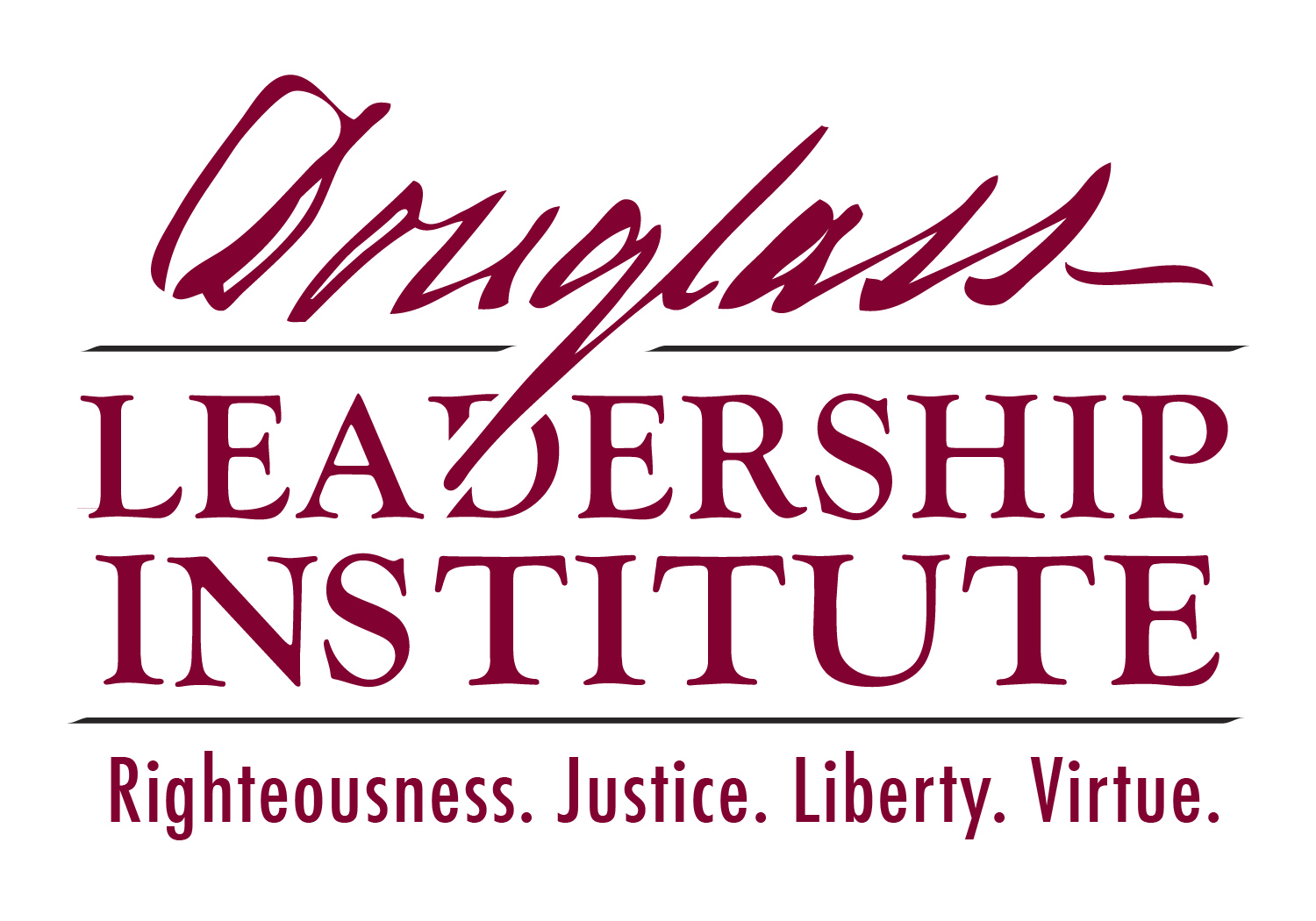Coronavirus-related tax changes that will affect many Americans and many businesses are already on the table or about to be served up. As this column was written, Congress was working on a huge new coronavirus relief bill that will surely include a massive economic-stimulus package, and probably lots of tax changes too.
Here, I’ll cover coronavirus-related tax changes that are already baked in the cake: Friday’s announcement from Treasury Secretary Steven Mnuchin and a new law that was enacted Wednesday.
The April 15 tax-return filing deadline was deferred three months
In my last column, I explained that federal income-tax payments that would otherwise be due on April 15 can be deferred until July 15 with no interest or penalties.
As predicted, Mnuchin announced Friday on Twitter TWTR, +3.51% that federal income-tax returns that would otherwise be due on April 15 can be put on hold until July 15 without taxpayers having to submit extension requests to the Internal Revenue Service. This development clearly applies to individual taxpayers and probably to trusts, estates and corporations that use the calendar year for tax purposes too. Time will tell.
We don’t yet know if filing deadlines for federal payroll-tax returns and federal estate- and gift-tax returns will also be delayed. We also don’t yet know if the normal April 15 deadline for making IRA and health savings account (HSA) contributions for your 2019 tax year will be delayed. Time will tell.
The Families First Coronavirus Response Act affects small businesses and their employees — and includes employer tax breaks
President Trump on Wednesday signed into law the Families First Coronavirus Response Act, the initial coronavirus relief bill. The new law requires small employers — those with fewer than 500 employees — to provide limited paid-leave benefits to employees who are affected by the coronavirus emergency. Small employers are given new tax credits and federal payroll-tax relief to pay for the new mandatory benefits.
Mandatory employee paid leave
The Act requires emergency paid sick leave. It is limited to $511 per day for up to 10 days (up to $5,110 in total) for an eligible employee in coronavirus quarantine or seeking a coronavirus diagnosis. An employee can also receive emergency paid sick leave of up to $200 per day for up to 10 days (up to $2,000 in total) to care for a quarantined family member or a child whose school or child-care location has been closed due to the pandemic.
The Act also requires that small-business employees be given the right to take up to 12 weeks of job-protected family leave if the employee or a family member is in coronavirus quarantine or if the school or child-care location of the employee’s child is closed due to the coronavirus. The employer must pay at least two-thirds of the employee’s usual pay, up to a maximum of $200 per day, subject to an overall per-employee maximum of $10,000 in total family-leave payments.
Read more at http://www.marketwatch.com/story/what-the-family-first-coronavirus-relief-bill-means-for-small-business-owners-and-self-employed-people-2020-03-21

